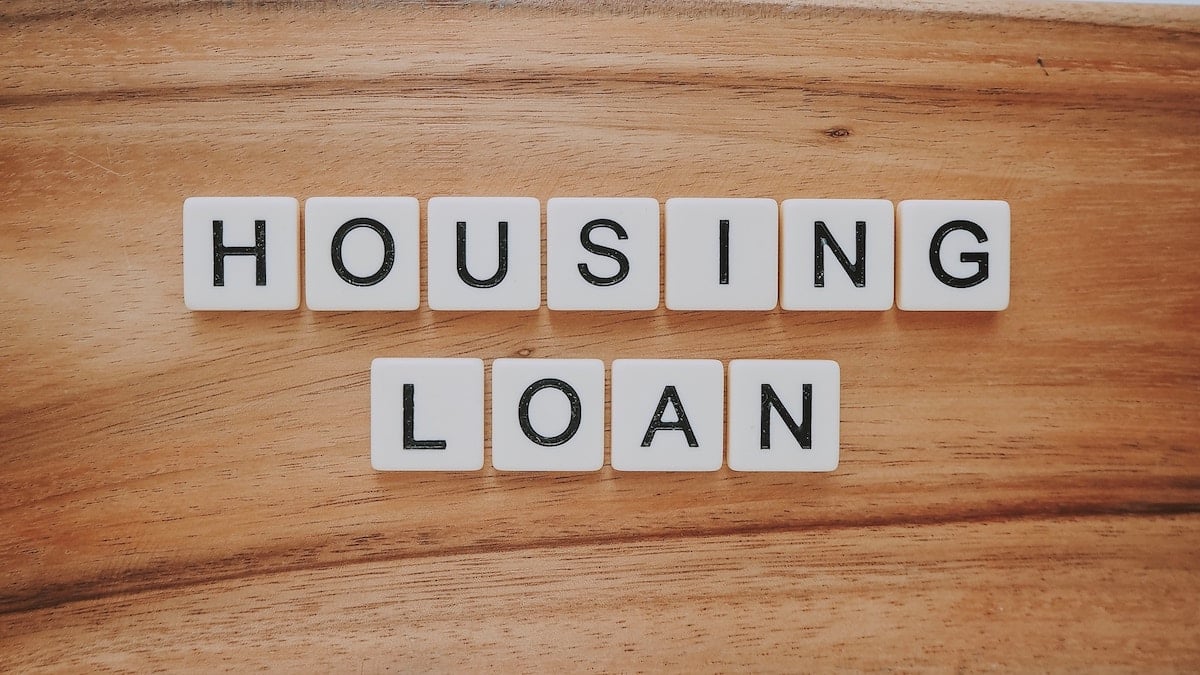Table of Contents
Traditional mortgages are not necessarily the only choice open to prospective homebuyers who are looking for a method to finance the purchase of a home. In the ever-changing modern financial landscape, alternative forms of financing have arisen as viable solutions, allowing greater leeway and scope for customization to meet a variety of requirements. In this article, we will discuss these various alternatives and provide a complete guide to assist homeowners in making well-informed choices that go beyond the area of conventional mortgages.
Seller Financing:
A financing arrangement in which the seller takes on the role of the lender and permits the buyer to make payments directly to them throughout an agreed-upon period is referred to as seller financing or owner financing. Buyers who have credit that is less than excellent or who have restricted access to traditional financing may find that this alternative is very useful to them. When a seller provides financing, the buyer and seller will normally negotiate the conditions of the loan, including the interest rate, the length of the repayment period, and the amount of the down payment.
Stephen Savill, Later Life Mortgage Advisor at HENRY DANNELL
Lease-to-Own Agreements:
Individuals who may not initially qualify for a mortgage can still have the opportunity to become homeowners through the use of lease-to-own contracts. A percentage of the buyer’s monthly rent is put toward the eventual purchase of the property under the terms of this arrangement. During the time that the buyer leases the property, the property is eventually purchased by the buyer. Before applying for a conventional mortgage, prospective buyers have time to work on improving their credit score, saving up for a larger down payment, or addressing other financial concerns through lease-to-own agreements.
Michael Lees, Chief Marketing Officer at EZLease
Private Lenders:
Alternative forms of financing, such as those offered by private lenders, can be obtained from sources other than conventional financial institutions like banks and credit unions. These lenders evaluate the borrower’s financial status and the value of the property, and then they issue loans with terms that are potentially more flexible than those offered by traditional institutions. Borrowers in unusual situations, such as those who are self-employed or who have non-traditional income sources, may find that private lenders are more ready to work with them than other types of lenders.
Timothy Allen, Director at Corporate Investigation Consulting
Crowdfunding Platforms:
Crowdfunding has broadened its scope beyond its initial concentration on artistic endeavors, and it now also includes investments in real estate. Crowdfunding platforms for real estate provide a means by which individuals can combine their resources and invest in multiple homes at once. This allows would-be homeowners to take part in collective financing. Buyers have the option of contributing lesser amounts of money through the process of crowdfunding to acquire partial ownership of a property and share in any possible returns.
Sasha Quail, Business Development Manager of claims.co.uk
Government Programs:
Homebuyers, particularly those who are limited financially, might receive assistance from the government through a variety of programs. Homeownership is made available to a wider variety of people through organizations that provide loans with more flexible credit criteria and reduced down payment requirements. Programs, such as those offered by the United States Department of Agriculture (USDA) and the Veterans Affairs (VA), are geared toward serving particular demographics of people and provide specialized advantages.
Tiffany Payne, Marketing Manager at iFlooded Restoration
Home Equity Sharing:
The property equity sharing programs enable purchasers to form partnerships with investors or organizations that, in exchange for a percentage of future property appreciation, will fund a portion of the down payment for the buyer’s purchase of a home. Buyers who want additional finances to qualify for a mortgage can find this arrangement to be an appealing alternative. The buyer can achieve homeownership with a lighter initial financial burden because the shared equity partner participates in the appreciation of the home’s value if it is later sold or refinanced.
Tiffany Hafler, Marketing Manager at Blockchain Lawyer
Conclusion:
In a constantly shifting financial landscape, traditional mortgages are no longer the sole way to property. Alternative financing solutions have evolved, allowing additional flexibility and customization for prospective purchasers. By stepping outside the limitations of conventional mortgages, consumers can open a world of options and find the appropriate financing choice to transform their housing ambitions become a reality. So, dare to explore the choices and discover the course that suits you best, as you embark on the exciting adventure towards owning your own house.
Image Credit: Photo by Precondo CA on Unsplash


